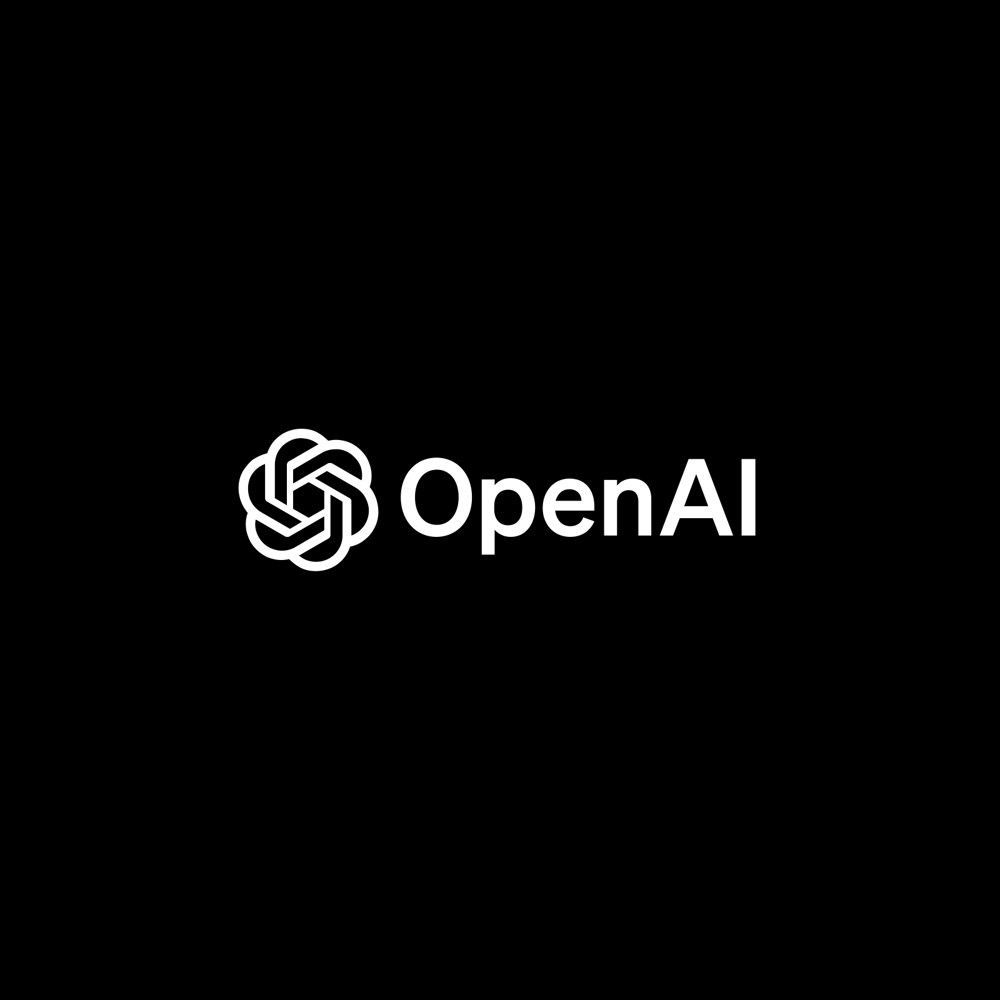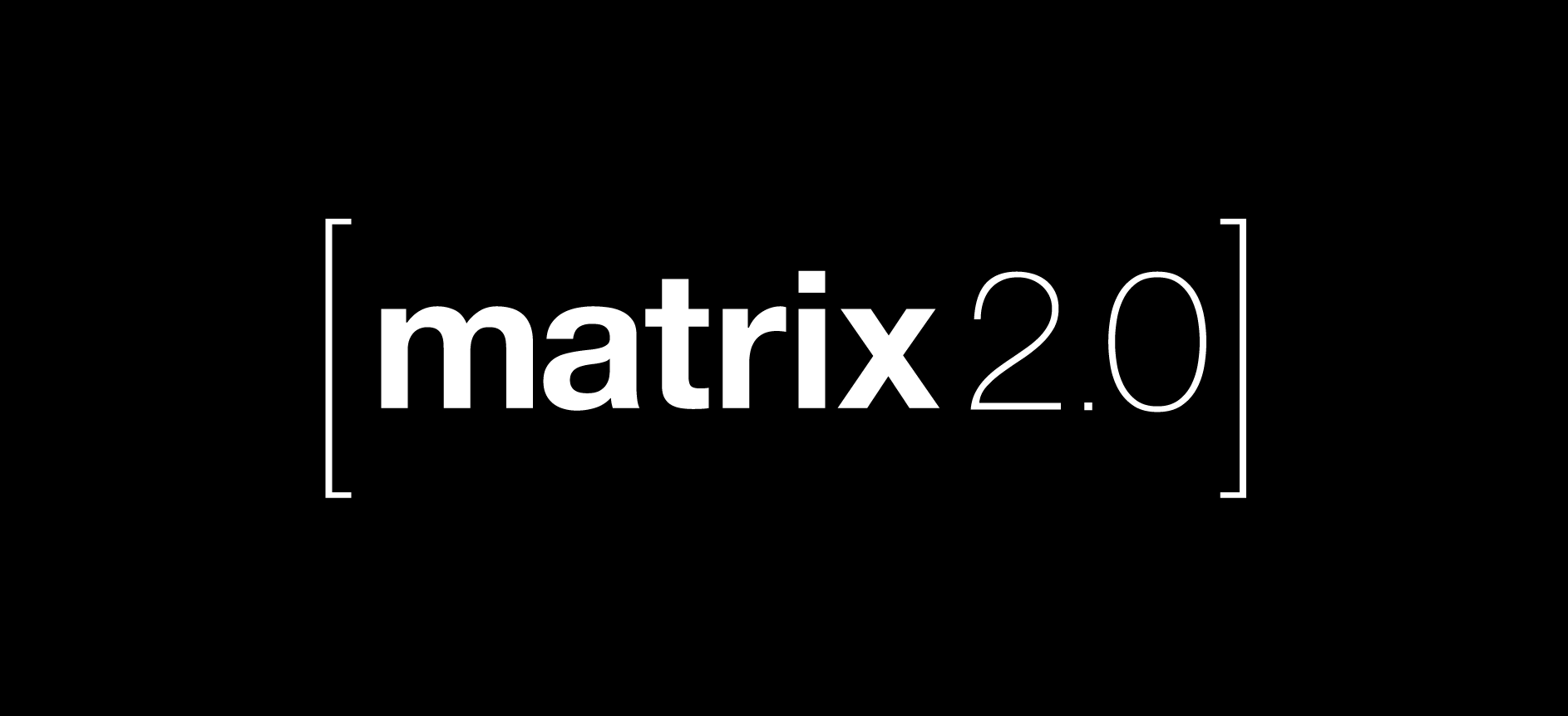Now I am confused, are you able to make changes to the Lemmy codebase? A fork? If you want to find a way to fund development, why not just work with the current team?
- 4 Posts
- 118 Comments
As a concept, it could be a valid approach. But you need to put actual numbers to see if things make sense:
- What would be the monthly membership fee?
- What would be a reasonable SLA? If there is an outage on a Friday night, are the members okay if they wait until Monday to get it back someone online?
- What do you think is a good hour rate to pay for an admin?
- What should you pay for someone to stay on call?
- Can I run bots? How many? Does each bot count as a separate account?
I think you’ll see that as soon as you start asking people to put money and to feel like they “own” it, the demands will increase and so will the costs.
For reference, the one coop I am somewhat familiar is from Mastodon: cosocial.ca. Each member pays CA$50/year for an account. I think this is particularly too expensive. There are other cheaper “commercial” alternatives that charge less:

 1·4 months ago
1·4 months agoOk, which part of “multiple metrics” is not clear here?
Every risk analysis will have multiple factors. The idea is not to always have an absolute perfect ranking system, but to build a classifier that is accurate enough to filter most of the crap.
Email spam filters are not perfect, but no one inbox is drowning in useless crap like we used to have 20 years ago. Social media bots are presenting the same type of challenge, why can’t we solve it in the same way?

 61·5 months ago
61·5 months agoPlatforms like Reddit and Tumblr need to optimize for growth. We need to have growth, but it is does not be optimized for it.
Yeah, things will work like a little elitist club, but all newcomers need to do is find someone who is willing to vouch for them.

 11·5 months ago
11·5 months agoJust add “account age” to the list of metrics when evaluating their trust rank. Any account that is less than a week old has a default score of zero.

 1·5 months ago
1·5 months agoWhy does have it to be one or the other?
Why not use all these different metrics to build a recommendation system?

 2·5 months ago
2·5 months agoWell, I am on record saying that we should get rid of one-dimensional voting systems so I see your point.
But if anything, there is nothing stopping us from using both metrics (and potentially more) to build our feed.

 1·5 months ago
1·5 months agoThat would be only true if people only marked that they trust people that conform with their worldview.

 26·5 months ago
26·5 months agoThe indieweb already has an answer for this: Web of Trust. Part of everyone social graph should include a list of accounts that they trust and that they do not trust. With this you can easily create some form of ranking system where bots get silenced or ignored.

 1·10 months ago
1·10 months agoIf there is one belief that I’ve held for long is that we Free Software would be in a better situation than it is today if we simply dropped the whole idea “community”, “done by amateurs” and “volunteers in their spare time” and really start treating the whole thing as a professional industry. This whole xz crisis further exacerbated this belief.
Almost everyone takes this work for granted and this is why is not properly valued. We should raise the bar at all levels: someone who wants to contribute in a project needs to show that they can deliver everything, maintainers should not accept “half-baked” proposals because “it is better than nothing”, developers should be more than comfortable sending a quote with a proper rate to someone that requests a feature.
And if those people don’t want to do any of that, then let go see how much the commercial alternative would cost them.

 4·10 months ago
4·10 months agoWe used Slack and we had a Confluence Wiki. No one bothered to keep Confluence up-to-date because everyone was just used to ask ad-hoc questions on Slack and get an answer by one of the respective team members. We “solved” this issue at one company with one reasonably simple policy: people were free to ask questions on Slack as much as they wanted, but the response should always have a link to the related Confluence page. You could even answer the question directly with a TL;DR, but the Confluence Page link should always be part of the answer.
Every time that there was an Slack response without a link to Confluence, the responder’s team would get a mark, and every month the team with the most marks would have to bring something to the rest of the company. Basically, it forced everyone in the team to step up their documentation game, and it got everyone in the spirit of “collaborative editing”: sometimes, people would just write create a page with a very basic paragraph. Another team member would use that to extend the answer and so on. In just a few months, every department had a pretty solid documentation space and we even got used to start our questions with “I looked for X on Confluence and didn’t find anything. Can someone tell me where I can find info about it?”
So, yes, you are right about the disconnect between “what experienced people want” and “what beginners want”, but even in this case it would make sense if most project managers used real-time chat platforms only for initial inquiries and triage, but used this inflow to produce long-term content in a structured document or wiki.

 2·10 months ago
2·10 months agoDo you believe then that all the work from people here is pointless, and that people are just going to leave Lemmy for the next new shiny thing?
I worry that you may be right, but at the same time I can not avoid the “History repeats itself. First as tragedy then as farce”:
- How many times have people said “if you are not paying for the product, you are the product”, yet continue to use ad-based (or data-mining) “free” services?
- How many times have we seen “good” startups become “evil” monopolies?
- How many times have we seen people feigning outrage at some company that abused their position but didn’t do anything because of “how convenient their product is” or “how cheap is has made something?” Complained about the “gig economy”, but went on to order food via some app?
It frustrates me to no end to think that the average Lemmy user is carrying a very expensive iPhone, yet can not be bothered to contribute even $1/month to the developers. It honestly makes me think sometimes that they deserve all the shit that keeps happening. It’s not for lack of warning.

 2·10 months ago
2·10 months agoDiscord won because (…)
I’m pretty that they had valid reasons to have achieved such a dominant position in the market. But we can say the same about every other platform. Facebook, Reddit, Microsoft, Google… All of them were once the underdog who got a good product and leapfrogged the competition. The problem is what they did after to keep this position.
There is no way to get out of this cycle unless we start championing open source solutions, even if technically inferior at first.

 21·10 months ago
21·10 months agoYou will be the only one at first.
What do you achieve compared to using a throwaway account?
If you use a thrrowaway, Discord still keeps their dominant position and have no competition, so they will keep enshitifying.
If you use a bridge, more of their accounts will be just bridging bots, real users will be on the alternative networks and they will be forced to compete.

 81·10 months ago
81·10 months agoYou don’t need to self host, there are servers that do this for you
One person used Matrix and they sucked.
Judging people based on the messaging platform (or vice-versa) is one of the most shallow things there is nowadays. It’s like girls who say they don’t date anyone who uses Android.

 131·10 months ago
131·10 months agoUse Bridges. If you still need to interact with people on legacy platforms, use bridges.
Matrix make it super easy to interact with people on Discord, WhatsApp, Telegram, etc. Set this up for yourself and you get to be the pioneer of the group who can lead them to a better way.

 143·10 months ago
143·10 months agoNo one really depends on these corporate services. People are just too lazy and conformist to give up on the convenience that they bring.

 2·10 months ago
2·10 months agoIn principle, I agree with you. But you are judging Reddit’s value by the looking at the home page and taking a snapshot. Instead of looking at it as a lake of mostly crap, think of it as Instead of a river that filters things out and holds the not-crap that come from the flood.
What do you mean? Are you talking about the software in general or that can’t login into my instance specifically?






Open source or GTFO. :)
Seriously, Lemmy is AGPL. Any client you do and any functionality you build on top of it must be AGPL as well.